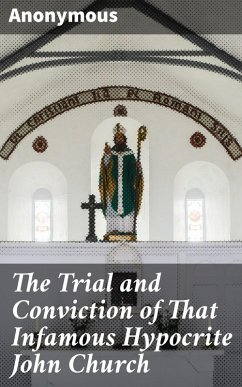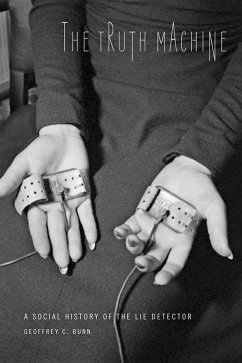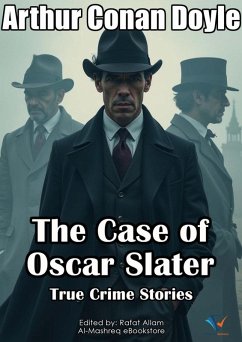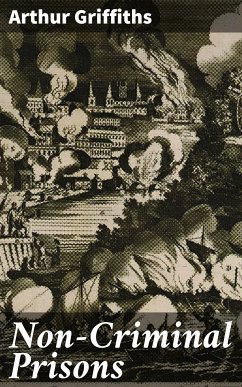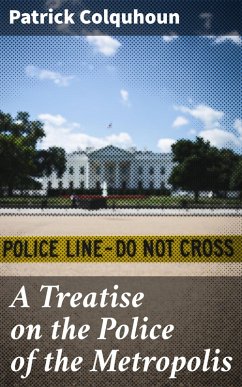
The Third and Last Part of Conny-Catching. (1592) (eBook, ePUB)
Enriched edition. With the new deuised knauish arte of Foole-taking
Kommentar: Stanhope, Bennett / Redaktion: Good Press

PAYBACK Punkte
0 °P sammeln!
In "The Third and Last Part of Conny-Catching," Robert Greene presents a riveting exploration of the seedy underbelly of Elizabethan society, focusing on the world of con artists and swindlers. Written in a prose style that intertwines dark humor with biting social commentary, this work serves as both a cautionary tale and an authentic glimpse into the life of a hustler. Greene's mastery of the English vernacular, coupled with his keen observations on human nature, provides readers with an engaging read that reflects the moral complexities of the time, emphasizing themes of deception, survival...
In "The Third and Last Part of Conny-Catching," Robert Greene presents a riveting exploration of the seedy underbelly of Elizabethan society, focusing on the world of con artists and swindlers. Written in a prose style that intertwines dark humor with biting social commentary, this work serves as both a cautionary tale and an authentic glimpse into the life of a hustler. Greene's mastery of the English vernacular, coupled with his keen observations on human nature, provides readers with an engaging read that reflects the moral complexities of the time, emphasizing themes of deception, survival, and the fluid nature of identity in a rapidly evolving society. Greene, an established playwright and novelist of his era, was intimately familiar with the vibrant yet precarious world of Elizabethan theater and literature. His own experiences of financial struggle and moral ambiguity likely influenced his portrayal of conny-catching, offering an insider's view of the techniques and scams employed by rogues. Greene's literary background, combined with his firsthand knowledge of the darker aspects of urban life, informs the depth and authenticity of his narrative, making it a crucial text for understanding the era. For readers interested in the historical undercurrents of Elizabethan literature, "The Third and Last Part of Conny-Catching" is an essential read. Greene's blend of entertainment and education not only captivates the modern reader but also provides invaluable insight into the complexities of trust, identity, and deception in human interactions. This book will resonate with anyone fascinated by the interplay between art and life, offering a timeless reflection on the nature of cunning and resilience. In this enriched edition, we have carefully created added value for your reading experience: - A succinct Introduction situates the work's timeless appeal and themes. - The Synopsis outlines the central plot, highlighting key developments without spoiling critical twists. - A detailed Historical Context immerses you in the era's events and influences that shaped the writing. - A thorough Analysis dissects symbols, motifs, and character arcs to unearth underlying meanings. - Reflection questions prompt you to engage personally with the work's messages, connecting them to modern life. - Hand-picked Memorable Quotes shine a spotlight on moments of literary brilliance. - Interactive footnotes clarify unusual references, historical allusions, and archaic phrases for an effortless, more informed read.
Dieser Download kann aus rechtlichen Gründen nur mit Rechnungsadresse in A, B, BG, CY, CZ, D, DK, EW, E, FIN, F, GR, H, IRL, I, LT, L, LR, M, NL, PL, P, R, S, SLO, SK ausgeliefert werden.




